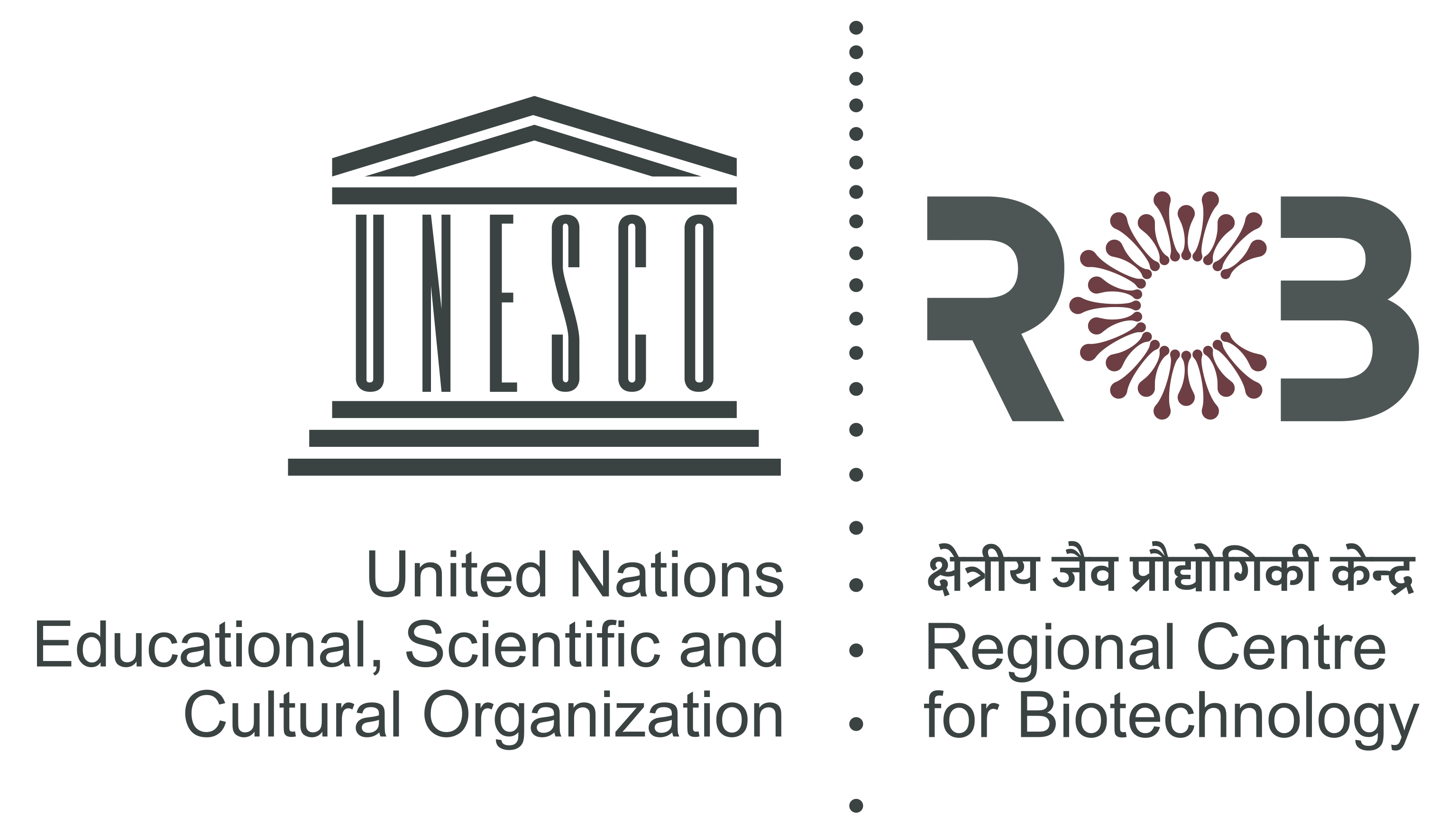Research at RCB
The Centre conducts multidisciplinary innovative research in the biotech sciences under the following broad areas: Infectious Disease Biology, Structural Biology, Molecular Medicine, Cancer and Cell Biology, Agricultural Biotechnology, and Systems & Synthetic Biology. The RCB faculty members have been trained in some of the best national and international institutions for their doctoral and postdoctoral studies, and have set up globally competitive research programmes at RCB across several frontier areas of modern biology and biotechnology. RCB's upstream and biomedical research endeavours have gained major extramural funding and garnered collaborative interest both nationally and internationally. The research is published in highly respected and internationally reputed, peer-reviewed journals and/or patented.
The RCB flagship research program is focused on the development of antivirals against medically important viruses such as Chikungunya and Japanese encephalitis. In the past two years, RCB has been at the forefront of conducting research on the SARS-CoV2 virus responsible for COVID infections, has instituted a national facility for testing the efficacy of new drugs and formulations against COVID infection, and has been providing in vitro antiviral testing for the candidate drugs to users from industry and academia. Contemporaneously, fundamental research on the biology of the SARS-CoV2 virus has been undertaken to understand its pathogenesis. More recently, RCB faculty members have initiated multi-pronged investigations into frontier areas of biomedical and agricultural research. A new project, involving a team of multidisciplinary scientists and clinicians across national institutions, has been conceptualized to understand the connections between metabolic disease and neurodegenerative disorders. Another group of interdisciplinary researchers is exploring the molecular processes of the potato leaf roll virus (PLRV) infection in the host potato plants, to develop genetically durable and bio-safe chemical tools to mitigate its incidence.
RCB partners with the Translational Health Science and Technology Institute (THSTI), the National Institute of Biomedical Genomics (NIBMG), and other clinical institutions in embarking upon an ambitious national research programme to understand the underlying reasons behind pre-term birth. RCB investigators are spearheading the proteomics-based questions to address this major national and global challenge.
RCB partners with the Translational Health Science and Technology Institute (THSTI), the National Institute of Biomedical Genomics (NIBMG), and other clinical institutions in embarking upon an ambitious national research programme to understand the underlying reasons behind pre-term birth. RCB investigators are spearheading the proteomics-based questions to address this major national and global challenge.
Research and Innovation Infrastructure
The extensive research infrastructure at RCB has been developed at a rapid pace since the inception of the institution. The equipment and facilities are accessible as part of central instrumentation facilities at multiple locations throughout the Centre. With the scientic strength of RCB increasing steadily, the Centre continues to judiciously add both specialized and commonly required equipment in a modern biological laboratory. Specialized facilities have been established for high-resolution optical imaging, electron microscopy, bioprocessing, high throughput imagebased screening, protein biochemistry, biophysical analysis of macromolecules, structural biology, proteomics, ow cytometry, plant and animal cell culture, and insect culture. The management of all major equipment is handled by a team of dedicated technical personnel, overseen by an instrumentation engineering department under the guidance of the faculty of RCB. In addition, the campus houses a full-edged small animal facility (SAF), and an infectious disease research facility (IDRF), a biosafety level-3 (BSL-3) facility for handling class 3 pathogens.
